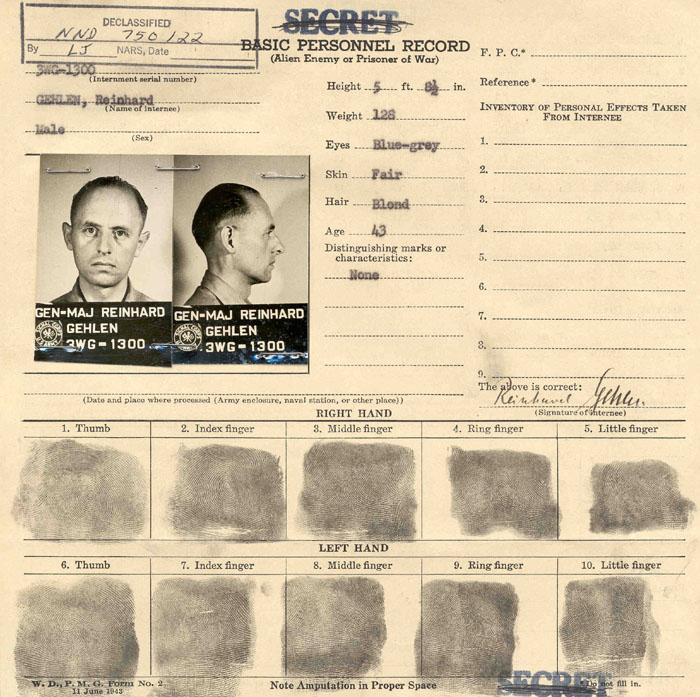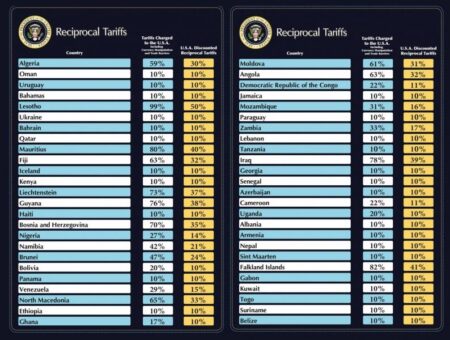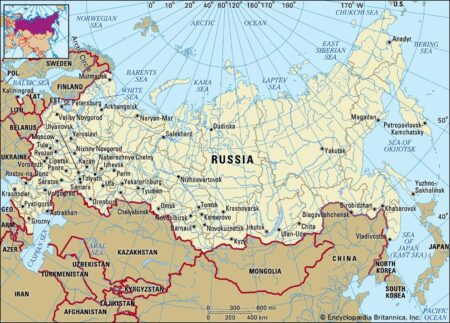Unearthing Historical Treasures: Insights into Nazi Operations in South America
A remarkable discovery has emerged from the depths of Argentina’s Supreme Court, reigniting interest in the troubling legacy of Nazi activities across South America. A collection of long-neglected documents has surfaced,revealing vital facts about the operations and influence exerted by nazi sympathizers within the region. This archive encompasses a variety of materials, including detailed accounts of clandestine meetings, financial dealings, and collaborations with local authorities. Such revelations illustrate how extensively the Nazi network extended beyond Europe during and after World War II. Scholars believe that these findings coudl considerably enhance our understanding of how various Argentine factions facilitated these covert operations.
The revelation of this archive has sparked urgent conversations among historians and legal scholars regarding accountability and historical narratives. Among these documents are lists detailing key individuals involved in these activities along with their ties to infamous Nazi leaders. The wealth of information contained within could reshape our comprehension of post-war events in South America by highlighting several critical aspects:
- Influence on Local Governance: The significant role played by Nazi sympathizers in shaping political landscapes.
- Cultural Impact: The infiltration of Nazi ideologies into Argentine society.
- Legal Considerations: Reevaluation of historical cases concerning war criminals.
| Type of Document | Description | Significance |
|---|---|---|
| Nazi Operational Reports | Detailed descriptions outlining activities conducted by Nazis in Argentina. | Insights into the scope and scale of their operations. |
| Correspondence Records | Letters exchanged between prominent figures involved. | A window into personal motivations and relationships among them. |
| Financial Documentation | Evidences transactions associated with businesses linked to Nazis. | Ties to funding sources and support networks revealed through financial trails. |
historical Relevance: Uncovered Documents’ Impact on Argentina and Global Memory
The recent unearthing of a substantial collection of forgotten Nazi documents from Argentina’s Supreme Court basement prompts profound reflections on history’s interplay with memory.For argentina—a nation grappling with its own memories from past dictatorships—the implications are particularly significant. These documents illuminate connections to World War II while providing insights into a broader global network established by Nazis during that tumultuous period.Main implications for Argentina include:
- <
- Revelations about hidden alliances between local sympathizersand prominent Nazis.
- Effects on national identity as well as collective memory regarding WWII’s aftermath.
- A chance for Argentina to reclaim its narrative within global historical discourse.
<
<
This discovery also serves as an essential reminder about preserving historical artifacts’ significance; it highlights how nations confront their pasts—shaping identities while bearing responsibilities towards future generations. Furthermore, these unearthed records may facilitate international dialogues surrounding accountability, remembrance practices, and dangers posed by forgetting history.Broad implications for global memory include:
- <
- Raising awareness around Holocaust legacies still relevant today.
- Promoting collaborative research efforts focused on post-war migrations involving societies hosting former Nazis.
- Encouraging discussions regarding historians’ moral obligations alongside governments confronting uncomfortable truths about their histories.
<
<
Strategies for Preserving Historical Materials: Archiving & Research Methodologies
The recent find comprising numerous Nazi documents at Argentina’s Supreme Court basement has sparked renewed interest concerning effective methodologies aimed at archiving such crucial historical materials . These previously overlooked records act as vital links toward comprehending both machinations behind Nazism along with its worldwide ramifications . Their relevance underscores why implementing<strong systematic archiving practices is paramount when safeguarding valuable historic documentation . Effective strategies encompass maintaining optimal climate conditions , utilizing acid-free materials , digitizing files enabling easier access researchers public alike .
Additionally , adopting clear collaborative research approaches enhances value derived from discovered artifacts . A multidisciplinary framework proves beneficial allowing historians archivists legal experts collaborate unearth interpret findings together effectively moving forward ; thus prioritizing following practices becomes essential :
- << strong Inventory Cataloging :.<< strong Restoration Conservation :.<< strong Public Engagement :.
In Conclusion
The discovery made within an obscure corner inside Argentina’s Supreme Court reveals new dimensions surrounding complex histories tied directly back towards World War II alongside its aftermath throughout South America . As scholars begin sifting through this trove , opportunities arise yielding fresh insights pertaining lives led by war criminals who sought refuge hear once upon time ago ; ultimately emphasizing importance archival research plays understanding collective past whilst raising challenging questions related accountability memory amidst ongoing struggles confronting legacies stemming dark chapters written long ago now echoing loudly still today! As investigations unfold further developments likely emerge reshaping narratives surrounding justice evasion experienced post-war era prompting world watch closely observing how Argentina navigates shadows cast over its own history reminding us all enduring impacts left behind continue resonate profoundly present day!




